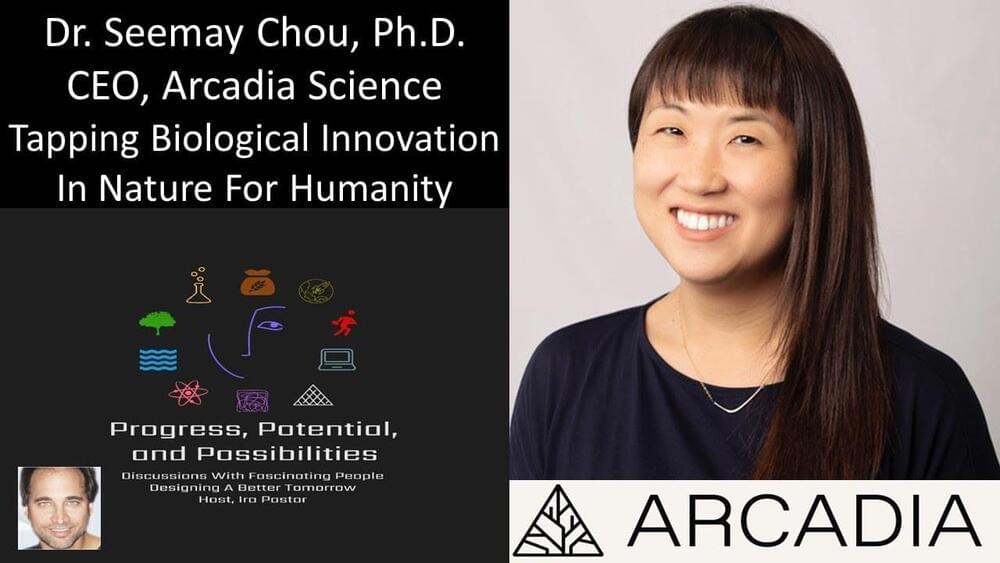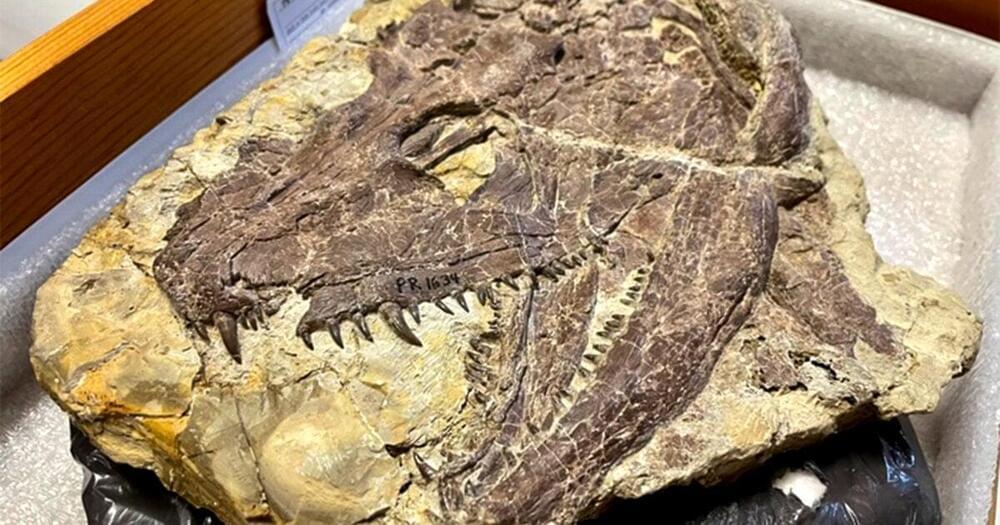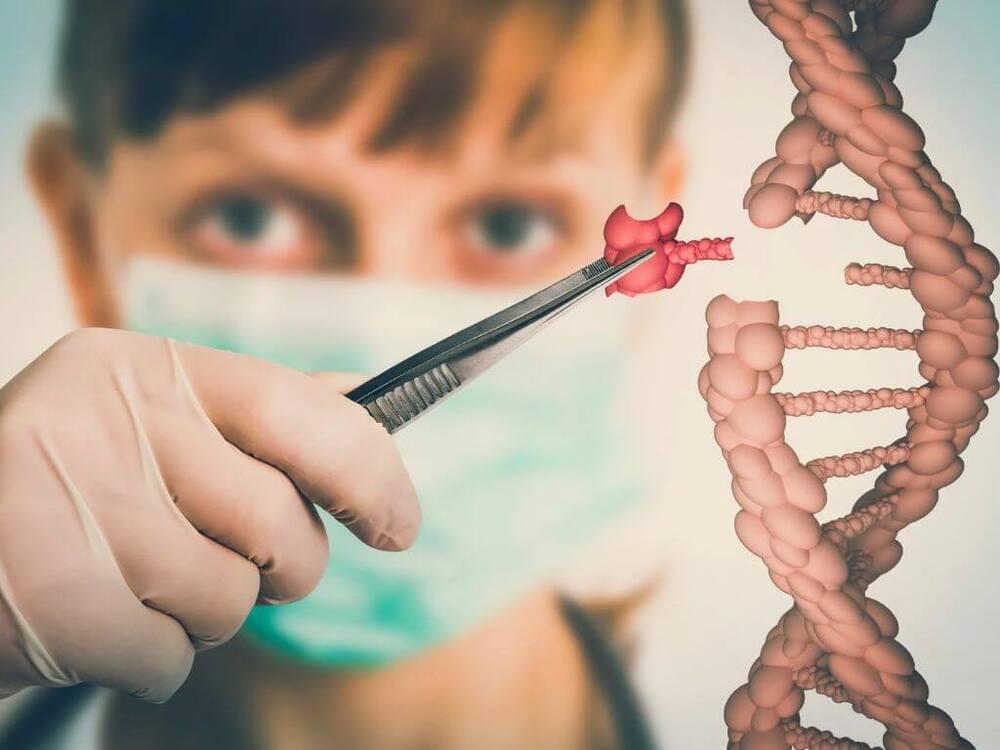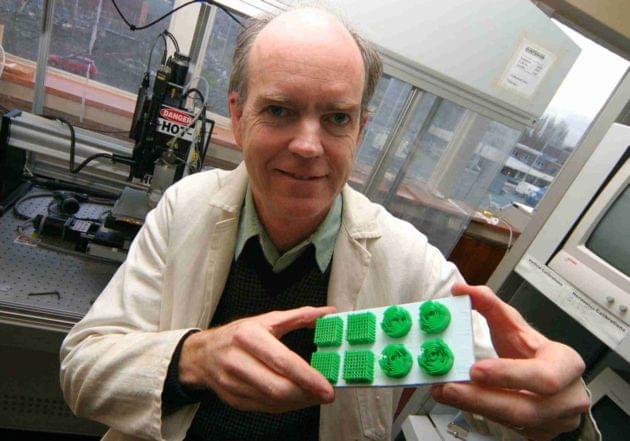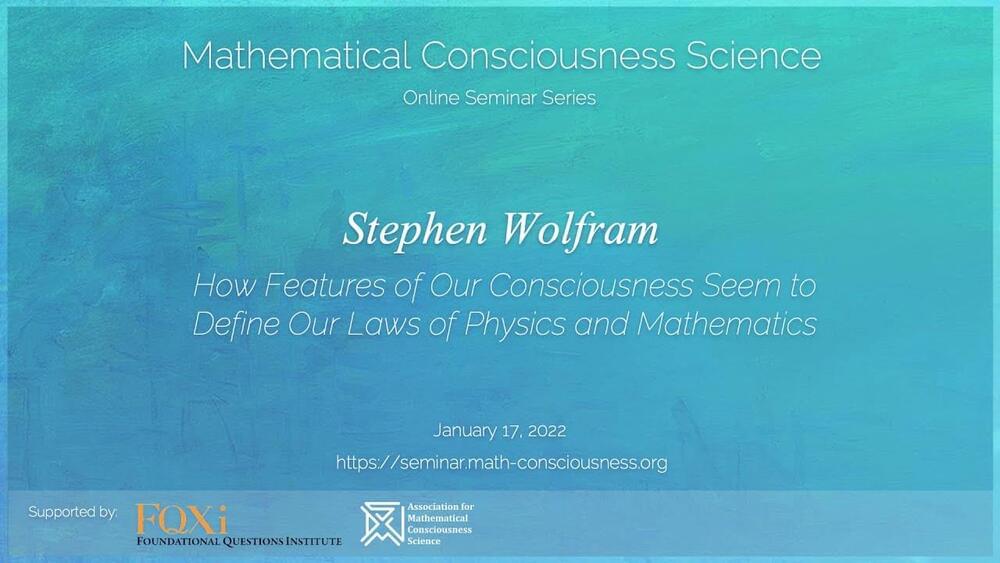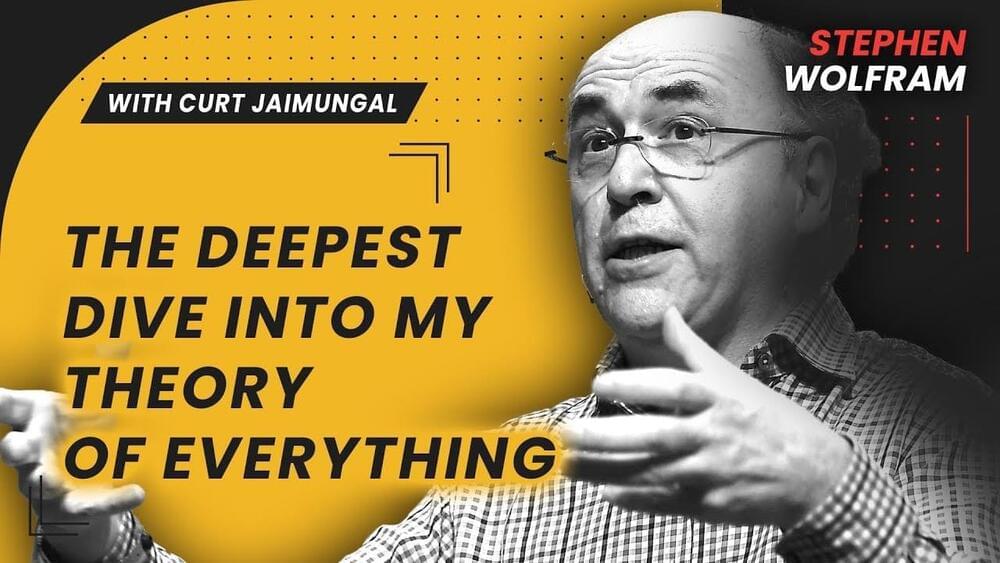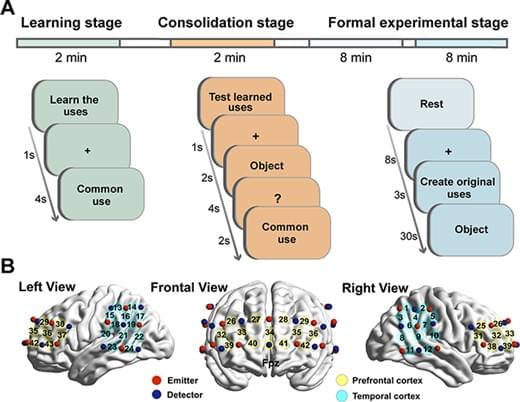
The use of smartphones has become an increasingly popular behaviour in people’s lives. However, an increased number of people find it difficult to minimise the use of smartphones, leading to the emergence of smartphone-addictive behaviours (Panova and Carbonell, 2018; Busch and McCarthy, 2021). In particular, the rapid spread of coronavirus disease 2019 around the world has led to a dramatic increase in the number of smartphone addicts due to home isolation (Caponnetto et al., 2021). Smartphone addiction is an emerging behavioural addiction, which refers to excessive dependence on and abuse of smartphones by individuals (Kwon et al., 2013; Billieux et al., 2015). Notably, smartphone addiction has been reported to have negative impacts on individuals’ cognitive functions, such as attention (Choi et al., 2021; Lee et al., 2021), perception (Dong et al., 2014) and memory (Hartanto and Yang, 2016; Tanil et al., 2020). Nevertheless, the influence of smartphone addiction on individuals’ advanced cognition is still unclear. Smartphone addiction may impair flexible cognitive processes (Dong et al., 2014), such as those that contribute to creative cognition. However, to our knowledge, the influence of smartphone addiction on creative cognition has not been explored.
Given the negative effects and high incidence of smartphone addiction (Zou et al., 2021), it is essential to uncover the underlying mechanisms, especially the neural mechanisms, by which smartphone addiction affects creative cognition. Creative cognition is defined as the ability to generate original and useful products (Sternberg and Lubart, 1999). It is a core cognitive element that allows for daily flexible problem solving and the generation of new ideas. The main components of creative cognition are (i) overcoming the semantic constraints of existing knowledge, which involves goal-directed behaviour through cognitive control, and (ii) building unusual associations to expand the existing structure of knowledge, which involves the spontaneous and unconstrained generation of novel associations (Ward et al., 1997; Abraham, 2014; Marron and Faust, 2019).
According to the problematic mobile phone use model (Billieux et al., 2015), the lack of planning or reduced cognitive control is a crucial contributor to smartphone addiction behaviour. Previous studies have also indicated that impaired cognitive control is a prominent feature of smartphone addicts, characterised by an inability to focus on task-related information and an inability to suppress dominant, automatic responses (Van Deursen et al., 2015; Li et al., 2021). In fact, previous studies have emphasised the contribution of cognitive control to the generation of creative ideas (Beaty et al., 2016; Benedek and Fink, 2019). During creative idea generation, known ideas are often initially retrieved, which acts as a source of interference allowing the retrieval process to focus on familiar and dominant ideas (Abraham, 2014). In this context, cognitive control is needed to drive the retrieval process of novel and remote information.


